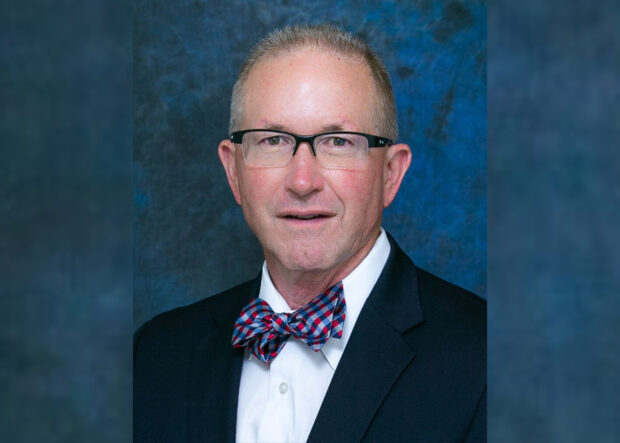The Jerome School District closed Monday due to a staff shortage, after about 90 teachers took personal leave to protest a number of issues, including the school board’s recent decision to continue with a five-day school week rather than switch to a four-day week.
It was an “organic protest” that was not organized by the Jerome Education Association, according to Co-President Darren Olsen. But he said some members did participate, and the walkout was “understandable.”
“(It) reflects deep frustration for administration’s lack of consideration for educators’ expert professional perspective for the education offered to Jerome students and the impact that those decisions have on educators themselves,” Olsen wrote in a prepared statement.
Pat Charlton, Jerome’s superintendent, said that while the absences were primarily about the five-day week decision, there were other factors; teachers also wanted to express their stress and dissatisfaction over increasing class sizes, more student misbehavior than ever before, and growing responsibilities.
Charlton said he had sensed teachers’ stress, and thought a move to a four-day week might be one possible way to improve morale.

Jerome school leaders spent months exploring the idea, including via a stakeholder committee, a survey, and a town hall meeting.
Most of the feedback was positive, so ahead of a Jan. 23 school board meeting, Charlton planned to recommend that trustees adopt a four-day week. But as the meeting neared, opposition to the change suddenly intensified.
“I did not anticipate the amount of pushback that came at the end,” Charlton said.

Community members, parents, and some teachers voiced concerns about the potential impacts of a four-day week on the most vulnerable populations, including special education students and those from low-income families. It could increase food insecurity for the latter, for example, and would put financial pressure on working parents to pay for daycare.
A summary of a stakeholder meeting held about a week before the board decision listed more four-day week cons than pros.
“So as all that came just before the board meeting, I determined it was really in the best interest of the school board and the district not to go away from the five-day schedule at this time,” Charlton said. “The board was in a no-win situation; either way they were going to upset somebody.”
He advised trustees to vote against the four-day week — and they did, unanimously.
Kailan Pope, the parent of a Jerome student, was frustrated with that choice: “Nothing was said that would indicate why they changed so suddenly,” she said. “Leaves a lot of questions for everyone.”
When told about Charlton’s concerns, she said there were options for vulnerable student populations, such as going to the local Boys & Girls Club on Fridays.
Pope is in favor of a four-day week because it would allow for “more quality family time together” and “opportunities to learn in ways that the school cannot provide.”
As of Monday afternoon, school was planned to be back in session Tuesday. Pope said she hopes the walkout will “keep the discussion going.”
Olsen said the local teachers’ union is “eager to help bridge the gap between educators and the district to ensure that every student in Jerome receives the education they deserve.”
In response to the protest, Charlton plans to host listening sessions to gather feedback and then determine next steps. He added that board members “sincerely want to take steps to improve the district and do whatever it takes to reduce the level of stress that our teachers have right now.”
